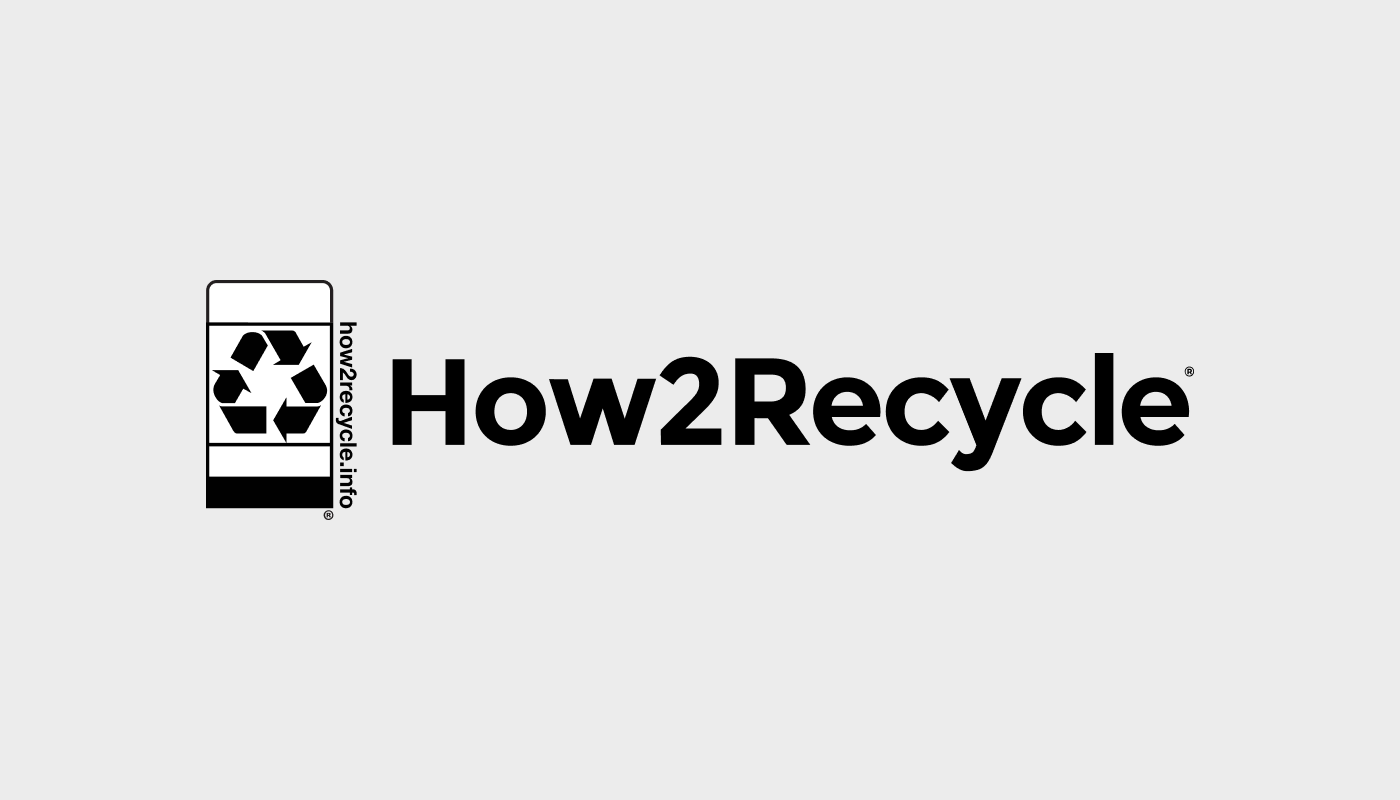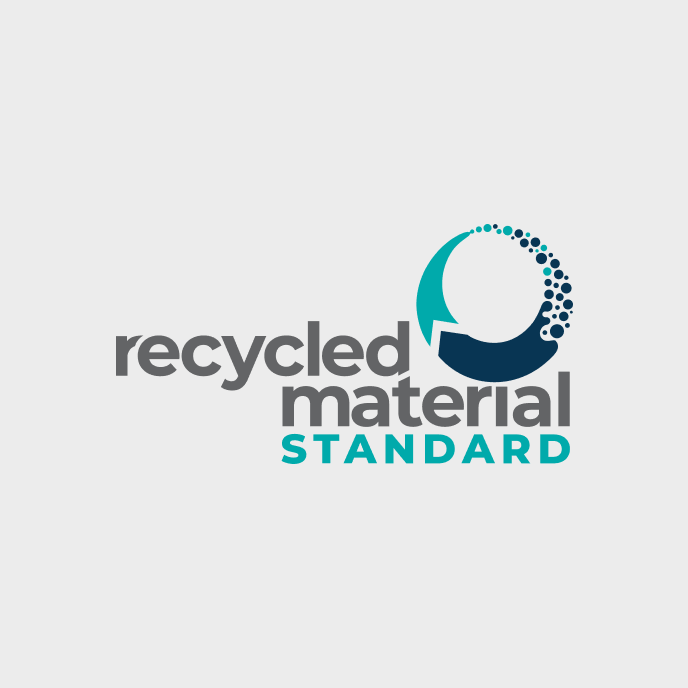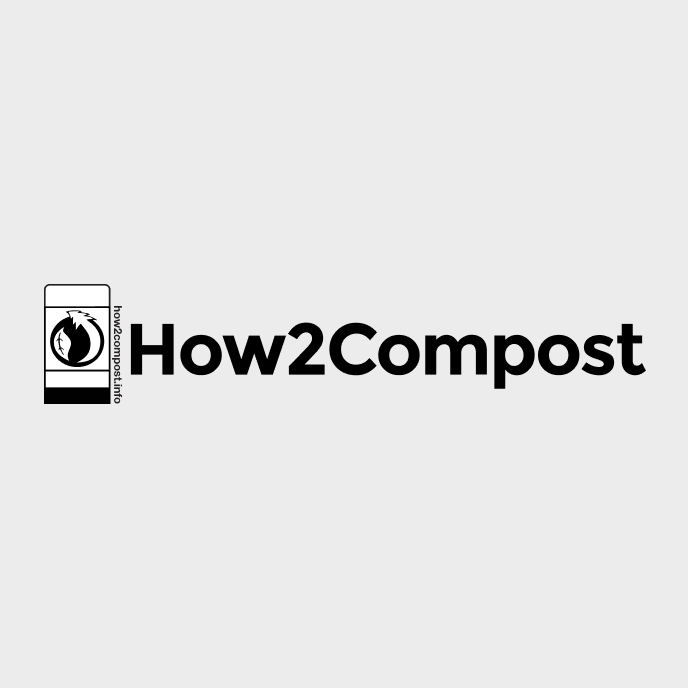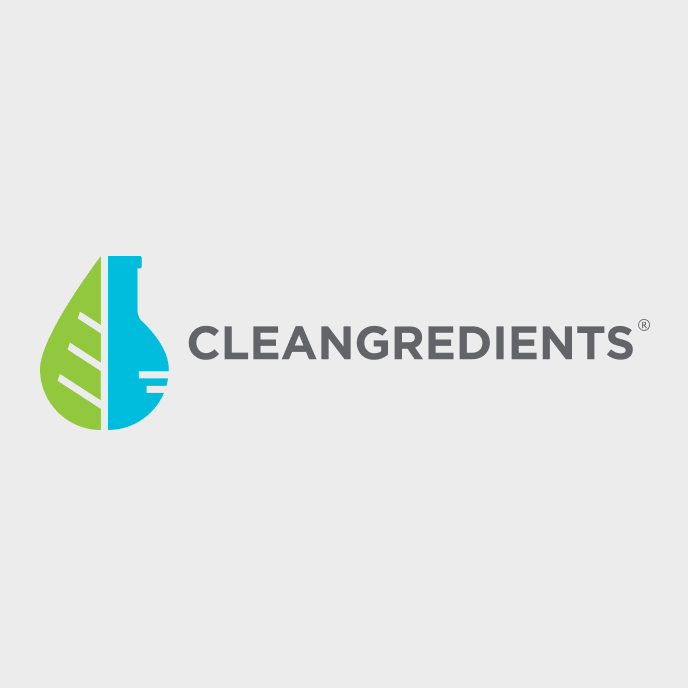If you were on a boat, and water started rushing, would you try to plug the hole, steer away from the waves, and bail the boat out by yourself? Or, would you focus on one of those tasks and ask the other people on board to help?
At How2Recycle, we’re working to protect the health of our planet by improving recycling and keeping waste out of our environment. But we know that this task is bigger than us—it’s bigger than any one organization. And it needs to be solved at a pace that no one organization could achieve alone.
That’s why, when we think about our partners, we think of them as mission critical teammates: people and organizations pulling together with us, with urgency, toward fixing our recycling system and solving our global waste crisis.
So we’re taking a moment to explore how partnerships in the recycling space are vital for advancing our mission—and likely your mission too if your work involves protecting the planet in some capacity. Let’s explore the current and potential partnerships that advance our mission, and along the way, we encourage you to think about your own role in joining our efforts to improve recycling.
Why Do We Form Partnerships?

At How2Recycle, we know that no one organization can be all things to all people. Since 2012, we’ve specialized in creating labels to advance clear disposal instructions and increase recycling. And in the past 12 years, that niche of ours has seen tremendous growth. We’ve grown the program from our original handful of members to more than 700 members and thousands of SKUs.
We’re proud of the impact we’ve had on recycling outcomes across North America through the niche that we’ve carved out for our organization—but this work is just one piece of the puzzle. When we recognize the strengths of our peers and partners, we can open the door to a system where we’re all pulling together toward our goal of improving recycling. These partnerships mean that we’re getting more experts together, solving these issues with urgency, accuracy, and accountability in mind. Because partnerships don’t just put more seats at the table, they create a system of checks and balances—a real-time peer review process for the solutions that our planet so desperately needs.
Take our work to assess a material’s recyclability, for example. When we base assessments on data from organizations with third-party verification systems in place, we’re building a more credible system. And with a more credible system comes trust in recycling, increased recycling, and better environmental outcomes.
What Kind of Partnerships Do We Form?

In working with a diversity of experts and organizations whose skills and specialties differ, our work becomes additive rather than redundant (in other words, we’re not rowing in circles).
At How2Recycle, we’re science-based. We root our work to assess materials and provide labels on data—but that data comes from partners and peers. That’s why, one avenue for partnership that we’ve pursued is working with experts in data and analytics. Take our work with The Recycling Partnership (TRP). TRP focuses on mobilizing people, data, and solutions across the supply chain to improve the recycling system. Recently, we’ve partnered with TRP to leverage the combined power of our label and their data, pairing the How2Recycle label with a Recycle Check QR code to provide localized recycling instructions.
We also assess materials, but we don’t produce or reprocess them. That’s why we partner with groups like the Association of Plastics Recyclers (APR), the Carton Council, and Recycled Materials Association (ReMa, formerly IRSI), whose collections of data and protocol guidance on different materials are invaluable for the work we do to determine recyclability at How2Recycle.
With data in tow, we also seek out partnerships with organizations that excel in their operations. At How2Recycle, we have hundreds of members and thousands of SKUs to keep track of, so our partnerships with groups like Specright, Aura, and Marks will allow us to build out work flows and harmonize data points. Working together, we can scale the high standards of How2Recycle’s assessment and labeling work. But that’s just a practical benefit. Better, more efficient systems reap the benefits of more labels on packaging, more materials in the recycling bin, less waste in landfills or the environment. So the benefits of scaling these systems to our mission—to making recycling clear for consumers and improving the recycling system—are profound.
What Do We Hope to Achieve Through These Partnerships?

Working better means working together when you’re solving an issue as urgent as our waste crisis. So, at How2Recycle, we’re not looking to compete—we’re looking to collaborate. When we build a team of partners interested in strengthening our recycling system and protecting our environment, we’re interested in working together. Because when we do, the finish line looks a lot like a better world for the generations that follow us.
Whether you specialize in anything from data or design to operations and audits, if your organization is interested in partnering with How2Recycle to advance better recycling, reach out to us or our Director of Strategic Partnerships, Tom Pollock at tom.pollock@greenblue.org.
By MK Moorer, Communications, Content & Design Manager, GreenBlue








